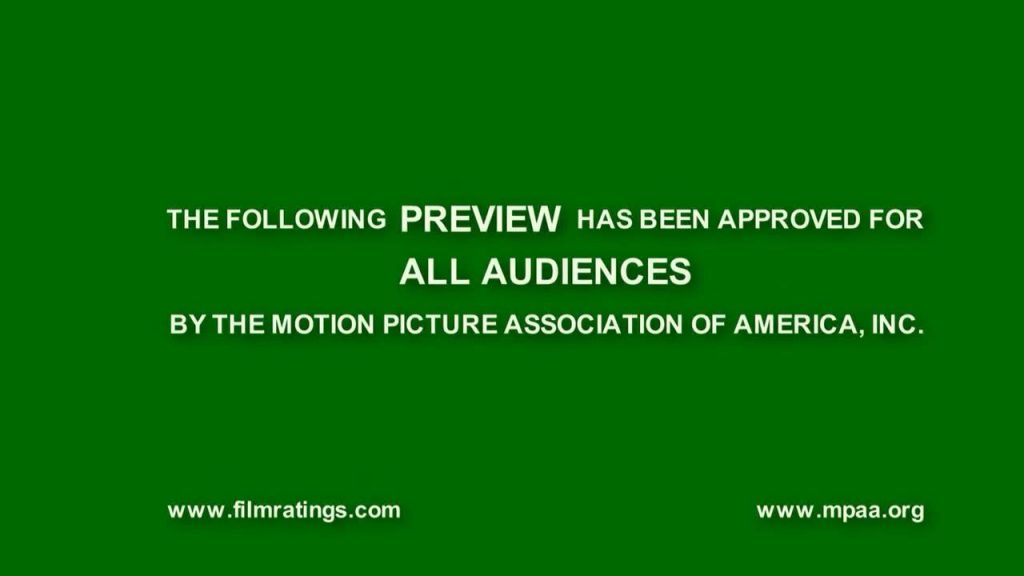I have a sort of love-hate relationship with movie trailers. I’ll either hate myself for watching an entire movie in 2 minutes, or I’ll love it and it will immediately go to at least 8 of my friends asking them if they want to watch the movie with me. According to me, making movie trailers is an art. You have to find the sweet spot between being too vague and being too revelatory.
The history and evolution of movie trailers
Movie trailers have been around since 1913, with Nils Granlund, the advertising manager of Marcus Loew theatres. He cut up rehearsal footage of the Broadway play, ‘The Pleasure Seekers,’ and made a mini promotional montage for the play that was shown after the movies at the theatre. Around the 60s and 70s, Kubrick, Hitchcock, Spielberg, and all the big names in Hollywood were cutting trailers for their own films.
Movie trailers have come a long way since then, with the advent of a platform that gave them a cheaper alternative to putting their trailers onto TV ad spots – YouTube. Trailers could be longer, giving viewers more context and revealing more about the film. Every year, studios shell out hundreds of millions of dollars to show us their next big projects, all in the hopes of luring audiences into theatres. No matter how big or small a movie is, it has to have a trailer. Movie posters, cast interviews, and other PR news could help getting people to watch the movie, but the conversation that takes place around the trailer is key to getting footfall.
The idea of entertainment is evolving with society, and we have shifted into a fast-paced, consumer driven era. There are simultaneously more and fewer eyeballs catching all movie trailers. The big blockbuster ones with sequels, prequels and spin-offs, with huge global studios backing them have big budgets for marketing. These blockbuster trailers saturate the market so much that the lower budgeted films barely get viewers.
The trailer-making paradox and it’s problems
But I’m not writing this to belittle movie studios’ efforts to market their films. It’s no easy task. Showing us what we want from the story while withholding the important plot points is nothing short of a paradox.
Show too much, and people complain that they won’t watch the movie and they’ve got “spoilers” for the film. And with social media in play, it will definitely be blown out of proportion, leading to a box office flop. Take Free Willy (1993), a movie about a boy who wants to liberate an orca from captivity, where we find out from the trailer that he in fact, does free Willy. And Terminator: Genisys (2015), where the trailer shows us that the saviour of humanity John Connor is (spoiler alert) a robot himself. Finally, the most infamous one, with Castaway (2000) is a movie where Tom Hanks spends most of his time stranded on an island. In the trailer, we see that he has, as all heroes do, escaped.
As audience members of today, I think we are more aware of the films we watch, the general plots, and more. We know that a hero will win. They will overcome the obstacles and challenges thrown at them no matter what. Conflict always leads to resolution. But showing us how it is resolved is off-putting, and this is something movie studios have to be aware of.
But wait, there’s another side to this. Showing too little of the film. Or even worse, showing something completely different and setting the audience up for a different movie-going experience. This often occurs when studios are unsure if the audience will like the premise of a movie, leading them to present it as more palatable to the general public. For example, The Cabin in the Woods (2011) was supposed to be a satirical horror film, but the trailer made it seem like your average horror flick. Transformers: The Last Knight’s (2017) trailer showed Isabela Moner, a child actress, extensively. Turns out she wasn’t even in the final cut of the film, and the director, Michael Bay explained how her appearance pandered to younger audiences they were targeting.
As an avid film-watcher I find that compromising the movie watching experience’s quality by pandering the trailer to make it appeal to the masses or certain audiences is unacceptable from an audience’s perspective. It does however, make financial sense for the studios.
Conclusion
Movie studios have a lot to keep in mind when it comes to today’s audience. We are more aware and smarter than before (in general), which makes it the studios job to be one step ahead of us.
It’s perfectly understandable to be afraid of getting spoilers through trailers, and wanting to go into a film knowing as little as possible. In my opinion, I think most trailers lead to inflated expectations which deflate as the movie progresses, when I learn that the trailer had the best parts of the film. But it is also perfectly understandable to enjoy watching trailers. When tastefully done, it is exhilarating, leaving me wanting more, and eagerly waiting for the film.




